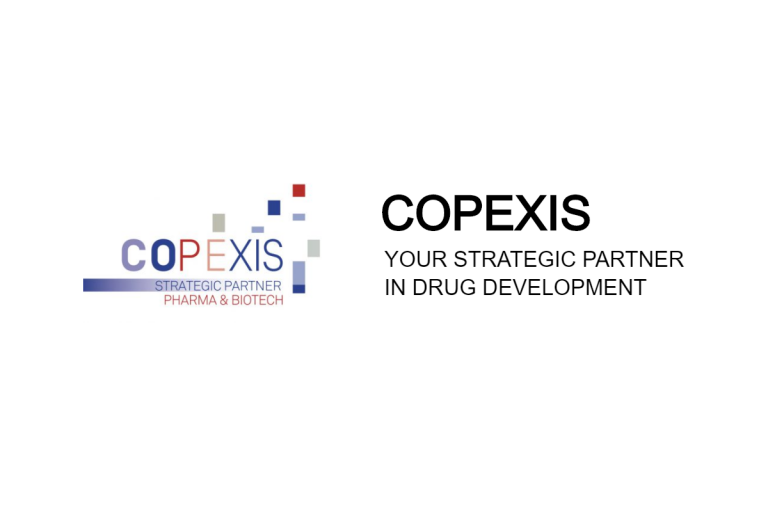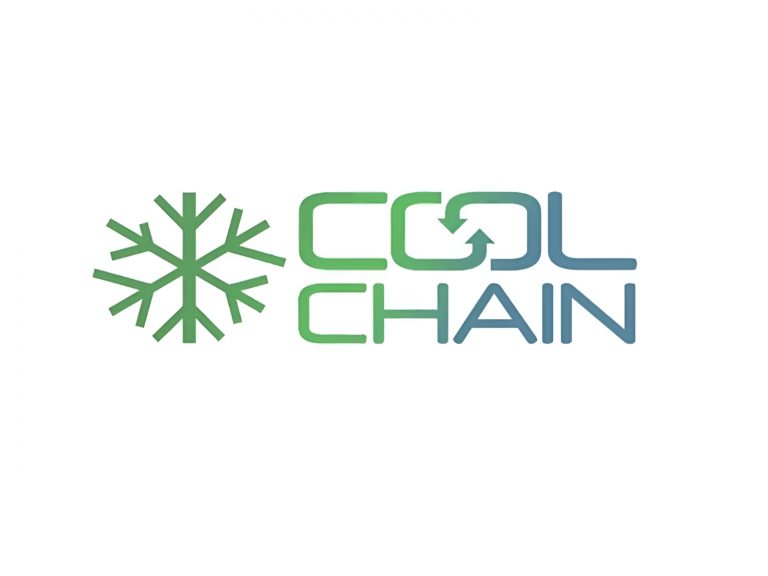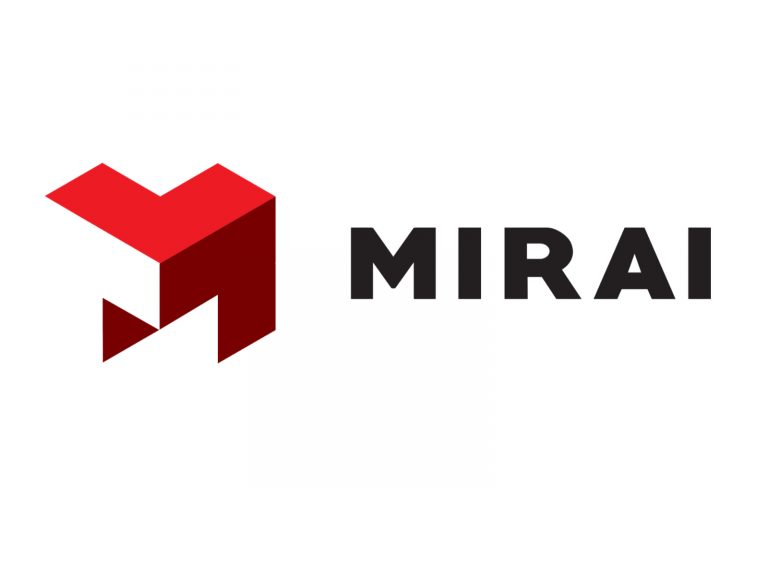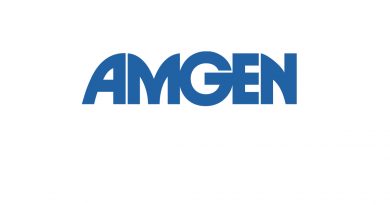Roche’s Tecentriq SC Becomes the EU’s First Approved Subcutaneous Injection PD-(L)1 Cancer Immunotherapy
The European Commission (EC) has granted marketing authorisation for Roche’s Tecentriq® SC (atezolizumab) making it the first European Union PD-(L)1 cancer immunotherapy for subcutaneous (under the skin) injection for multiple cancer types including lung, liver and breast cancer.
Roche’s Tecentriq® (atezolizumab) was first approved by the Medicines and Healthcare products Regulatory Agency (MHRA) in Great Britain in August 2023. Roche announced the latest EC authorisation for Tecentriq® SC on 16 January 2024 committing to work with national health systems in Europe to ensure access for patients to Tecentriq SC as quickly as possible. Roche posted on X:
Previously, Tecentriq was administered through intravenous infusion directly into patients’ veins, requiring approximately 30-60 minutes for the process. The introduction of a new subcutaneous injection method will significantly reduce treatment time to around seven minutes, with the majority of injections completed within four to eight minutes. This approval for subcutaneous administration applies to all authorised uses of Tecentriq through intravenous infusion.
Levi Garraway, M.D., Ph.D., Roche’s Chief Medical Officer and Head of Global Product Development said:
“We are pleased to introduce the first subcutaneous PD-L1 cancer immunotherapy in Europe. Giving Tecentriq subcutaneously provides more flexibility to patients, while also helping to free up resources in constrained healthcare systems.”
Dr. Enriqueta Felip, Head of the Thoracic Cancer Unit of Vall d’Hebron Hospital, Spain stated:
“Ensuring the best possible quality of life is crucial for people living with cancer. The availability of a subcutaneous cancer immunotherapy option that can minimise the time receiving treatment and even allow for treatment outside of a hospital will undoubtedly make a significant difference to patients and their loved ones.”
The authorisation is grounded on pivotal data from the Phase IB/III IMscin001 study, demonstrating comparable levels of Tecentriq in the bloodstream when administered subcutaneously. The safety and efficacy profile aligns with the intravenous (IV) formulation. According to the study, 90% of surveyed healthcare professionals found the subcutaneous (SC) formulation easy to administer, and 75% believed it could save time for healthcare teams compared to the IV formulation.
In addition to the advantage of shorter treatment duration, Tecentriq SC may be administered by healthcare professionals outside of the hospital setting, such as in a community care facility or at a patient’s home, depending on national regulations and health system policies. Roche is engaged in discussions with various providers in Europe to potentially incorporate Tecentriq SC into cancer homecare initiatives where feasible.
About the IMscin001 study
The IMscin001 study is a Phase IB/III global, multicenter, randomized trial that assessed the pharmacokinetics, safety, and efficacy of Tecentriq SC in comparison to Tecentriq IV. It focused on patients with previously treated locally advanced or metastatic non-small cell lung cancer (NSCLC) who had experienced failure with prior platinum therapy, and a total of 371 patients were enrolled.
The study successfully achieved its primary endpoints by demonstrating comparable levels of Tecentriq in the blood within a specified dosing interval, as measured by established pharmacokinetic parameters such as observed serum Ctrough and model-predicted area under the curve. Efficacy outcomes, including overall response rate, progression-free survival, overall survival, and duration of response, were similar between the SC and IV treatment groups and consistent with the known profile of Tecentriq IV. The safety profile of Tecentriq SC also aligned with that of Tecentriq IV.
About Tecentriq SC (subcutaneous)
Tecentriq SC is a subcutaneous formulation of Tecentriq® (atezolizumab), featuring the same monoclonal antibody as Tecentriq IV. It is designed to bind with programmed death ligand-1 (PD-L1) on tumor cells and immune cells, disrupting interactions with PD-1 and B7.1 receptors. This inhibition of PD-L1 may activate T-cells, making Tecentriq a versatile cancer immunotherapy with potential applications across a wide range of cancers.
Utilizing Halozyme Therapeutics’ Enhanze® drug delivery technology, Tecentriq SC employs recombinant human hyaluronidase PH20 (rHuPH20) to temporarily degrade hyaluronan in the subcutaneous space. This increases tissue permeability, facilitating the rapid dispersion and absorption of Tecentriq into the bloodstream.
Tecentriq SC received its initial approval in Great Britain in August 2023, with indications matching those of Tecentriq IV. The standard IV formulation of Tecentriq has approvals for aggressive and challenging-to-treat cancers, being the first cancer immunotherapy approved for certain types of early-stage NSCLC, SCLC, and HCC. Additionally, Tecentriq IV is approved globally, either alone or in combination with targeted therapies and/or chemotherapies, for metastatic NSCLC, certain types of metastatic urothelial cancer, PD-L1-positive metastatic triple-negative breast cancer, BRAF V600 mutation-positive advanced melanoma, and alveolar soft part sarcoma.
For more information, please visit www.roche.com.
Original Source: Press Release Roche: https://www.roche.com/media/releases/med-cor-2024-01-16 All trademarks used or mentioned in this release are protected by law. / Lead Image Credits: F. Hoffmann-La Roche Ltd
Recommended Companies
More Headlines








